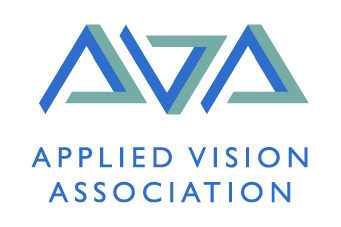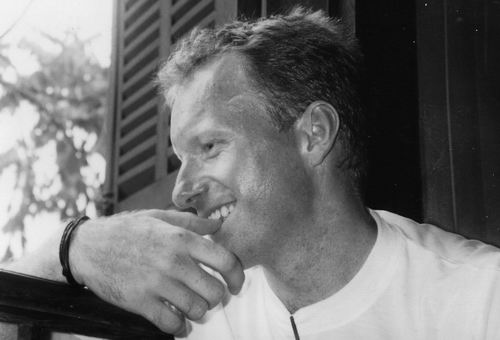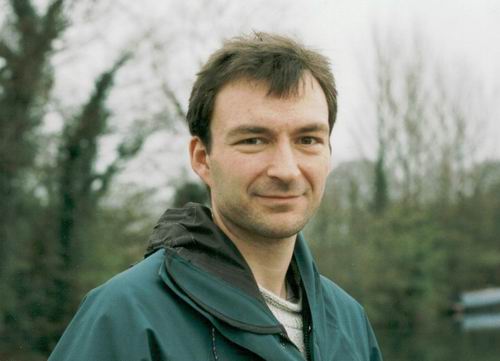


Mark Bradshaw was Professor and leader of a thriving group in the School of Psychology at the University of Surrey, working on depth perception. With Brian Rogers at Oxford, Mark published seminal papers on the role of vertical disparities in the perception of stereoscopic depth and on the interaction of depth cues. Then, at Surrey, he rapidly built up a vibrant and flourishing laboratory of his own, focussing particularly on the combination of motion parallax and binocular stereopsis. His energy, enthusiasm, generosity, merciless goading, and ability to throw caution to the wind and have great time were appreciated not only by the members of his lab but by all those who were lucky enough to know him. Mark died from cancer at the age of 43 in 2004. A longer set of tributes were published in the journal Perception.

Richard Eagle was a young vision scientist with a flourishing career, having held a Wellcome Trust Post-Doctoral Research Fellowship and then a Royal Society University Research Fellowship to study motion perception at the Department of Experimental Psychology in Oxford. His DPhil, supervised by Brian Rogers, led to a series of key papers on motion correspondence and the upper limit of motion detection (Dmax). With Andrew Blake and Maarten Hogervorst, he explained well known biases in structure-from-motion perception using an early Bayesian analysis. He was investigating the differences between motion and stereo correspondence processes with Jenny Read when he died, unexpectedly, from a heart attack caused by undiagnosed thrombocythemia just before his 30th birthday. Richard was relaxed, calm, thoughtful and a good listener. He had a knack for knowing what experiments would work and a great ability to inspire his students and others whom he mentored.
This Award: The aim of this scheme is to support undergraduates who wish to carry out supervised summer research projects during the middle years of their degree in a vision laboratory, normally in a UK Higher Education Institution. The Scholarship will provide a stipend (£200 per week, subsistence, for up to 8 weeks) to support undergraduates to carry out a self-contained vision-related research project, in the laboratory of an AVA member. The purpose of the scheme is to allow the student to experience a real research environment and to be trained to carry out a piece of scientific research, with the aim of encouraging them to consider an academic research career.
Eligibility: The project supervisor will be responsible for the application and will be the formal award-holder, if an award is offered. They must be an AVA member. The supervisor must hold an established academic position, normally within a UK university. They must be able to guarantee the student space, and full supervision, in their laboratory for the project period. Preference will be given to applicants who have not held this award in the past. Only one application per student and supervisor is allowed in any one year. Supervisors must be able to confirm that the student has not obtained an award from any other source for this project.
Students must be studying a relevant discipline (usually psychology, biology, optometry or a related discipline) and should be in the middle years of their degree program (i.e. not the first year, nor the last year, of studies) when the application is submitted.
Funding criteria: Projects should fall within the field of vision research, as judged by the AVA Committee, in the sphere of interest of journals including Perception, Vision Research and the Journal of Vision. Applications should be submitted by the supervisor, with relevant sections of the application form completed by the student. The project should be a self-contained piece of academic research with a clearly defined objective, and will be judged on scientific merit of the proposed work, quality of the training/experience provided to the student, and last but not least on the student’s academic record and aptitude for research.
An application form can be downloaded here.
Awarded Scholarships: An award letter will be sent to the supervisor. The award will be made by a single payment after the student has completed the scholarship project and the supervisor has submitted the AVA scholarship report (see reports page for examples). The report must be submitted before the end of October following the summer vacation when the project took place.